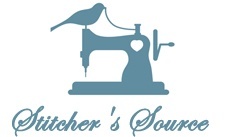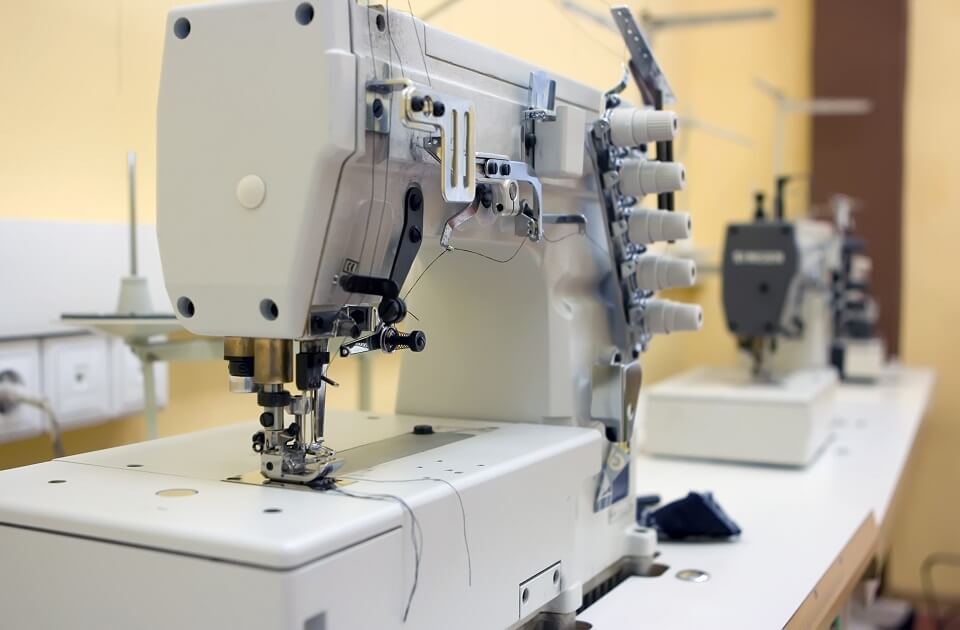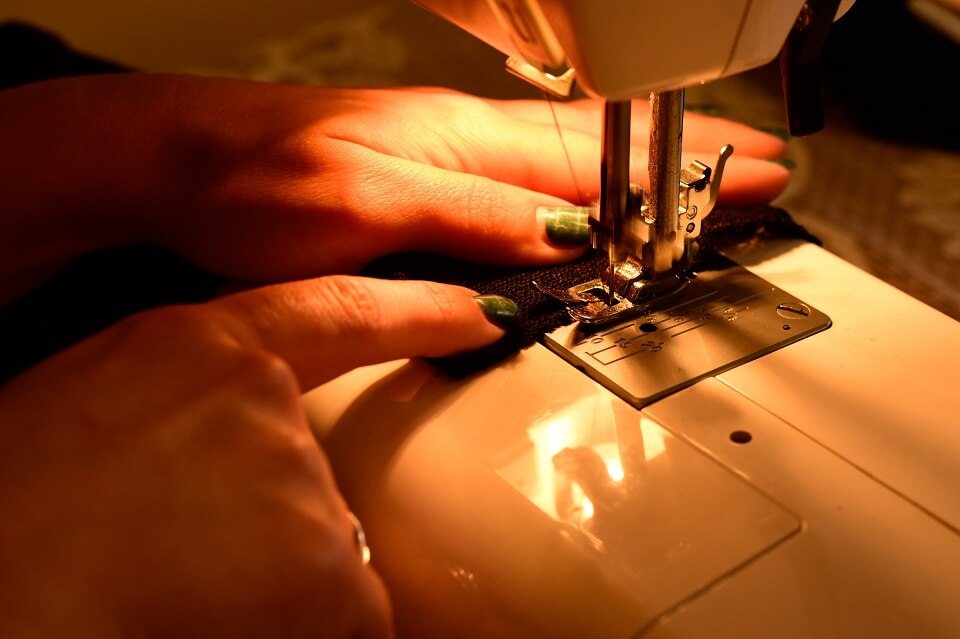The Best Industrial Sewing Machine Features
The first thing to consider when looking at an industrial sewing machine is the difference between this type of machine and a traditional or commercial machine. Basically, they are designed the same way to accomplish the same task. The major difference is that an industrial machine is built stronger to use every day, all day long. They are more robust and can be run much longer than their traditional counterparts. We will talk here about the best industrial sewing machine features.
Industrial machines are used to get a higher quality of sewing but they are usually limited to a single use. They may sew only a straight stitch or zigzag stitch with no option to change to another selection. Industrial machines that only sew a lockstitch are also popular. They are one of the most popular choices for home-sewers who use their machines to operate a business. Some people who operate a sewing business may invest in an entire collection of industrial machines. Some home sewers who use their machines a lot and want professional quality results will also buy a variety of industrial machines with various capabilities.
Increased Power and Speed
The motor on an industrial sewing machine is much larger and more powerful than those on standard machines. This makes them capable of sewing multiple layers and heavier fabrics. It also gives them the capability of sewing at extra-high speeds. An industrial machine might sew at speeds between 1,000 spm up to 5500 spm or higher while a standard machine may sew between 250 and 1,000 spm. One feature that you may find in top-end industrial machines is a knee lifter that lets you operate the machine while keeping both hands on the fabric. This lets you sew faster without slowing down to adjust the fabric.
More Work Space
Many industrial machines have an integrated table that provides you with more work space. This is especially convenient when you work on larger projects like quilts. It also offers needed space for cutting out pieces if you don’t have a lot of room to work.
Choosing an Industrial Sewing Machine
The heavier construction means that an industrial sewing machine will take longer to wear out. That means you should make your choice carefully since you will probably have it for a long time. Since the variety of features probably won’t be an issue, there are only a few details to consider. These include:
- Speed in Comparison to Motor Size – Even though a machine may have a high maximum speed, it doesn’t necessarily mean it has the power to handle heavy, thick fabrics. Think about what you will be sewing and how important each of these features matters to you.
- Drive Type – All motors are not equal. Clutch motors are often more effective at sewing more rigid fabrics like canvas or leather. On the downside, they are often noisier to operate and they aren’t energy efficient. You should also expect to have some maintenance performed on this type of machine. – Another option is a servo motor. They operate on less energy and run more quietly than those machines with clutch motors. If you want optimal speed, go with a clutch motor design. If you want more control over your sewing, a servo motor is the best option.
- Manual vs Pushbutton Controls – Some of the more modern models have buttons that allow you to control the tension, reverse the stitch direction, or adjust where the needle stops. Those with traditional levers or switches aren’t as convenient but they usually cost less.
- Portability – Most people who want an industrial grade sewing machine for a business don’t really need for the machine to be highly transportable. On the other hand, if you plan to use it at home, you may want to look for a lighter weight machine that you can move if needed. Look for those with built-in handles or a carrying case.
- Walking Foot – A machine that uses a walking foot to feed fabric will work better on heavy fabrics. This feature controls the feeding of fabric so that the stitches are more uniform.
- Price – An industrial sewing machine may cost several hundred to several thousand dollars. Determine what price is best for budget and then compare those machines that fit. It’s always a good idea to stick with name brands that have a reputation for quality.
The features that you will look for in an industrial machine differ considerably than those that you have to choose from in standard sewing machines. Use this guide to help you decide which machine is right for you.



